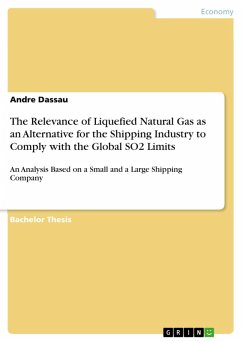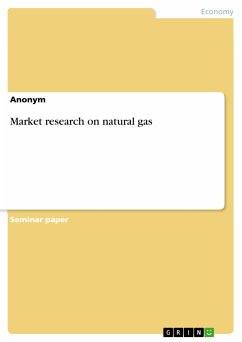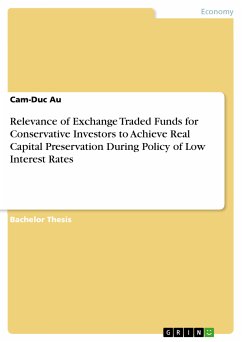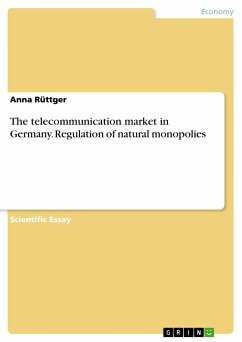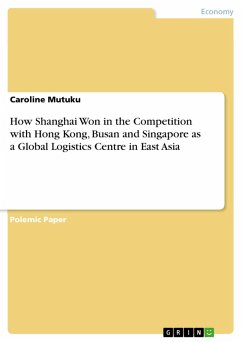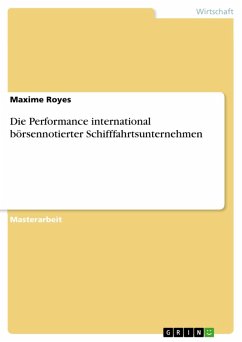Bachelor Thesis from the year 2017 in the subject Business economics - Trade and Distribution, grade: 1,0, Hamburg University of Applied Sciences, language: English, abstract: The International Maritime Organization confirmed in 2016 the introduction of a global sulphur cap in 2020, establishing a 0.5% sulphur content limit in fuels. All shipping companies operating in international waters will be affected by this emission regulation. LNG as a maritime fuel is widely thematised in current discussions regarding alternatives to achieve compliance, as it brings in the most significant environmental benefits. However, the current LNG-use is scarce, as vessels operating with LNG accounts for ca. 0.1% of the global fleet, and are mainly located in the Baltic region. To gain significance as a marine fuel, LNG has several challenges to overcome. LNGs main hurdle is the lack of bunkering infrastructure, which discourage its adoption by shipping companies, generating the so-called chicken-and-egg problem. Although small-scale bunkering facilities are already available, mostly in Northern Europe, the required infrastructure for large vessels is not provided. This study looks at the relevance of LNG as a maritime fuel with the focus on the forthcoming global sulphur cap, from the perspective of a small and a large shipping company, in their decision-making to achieve compliance. Thereby, major drivers and impediments considered by both shipping companies for its adoption as well as their forecast regarding the future of LNG in the shipping industry are discussed.
Dieser Download kann aus rechtlichen Gründen nur mit Rechnungsadresse in A, B, BG, CY, CZ, D, DK, EW, E, FIN, F, GR, HR, H, IRL, I, LT, L, LR, M, NL, PL, P, R, S, SLO, SK ausgeliefert werden.

